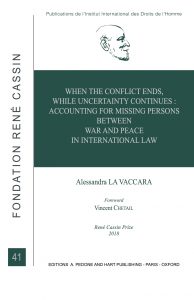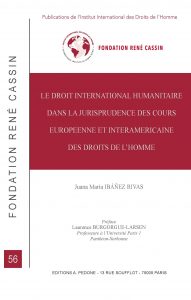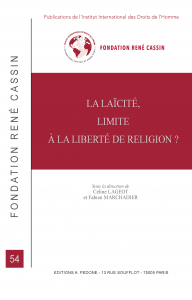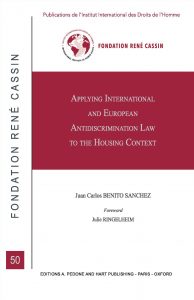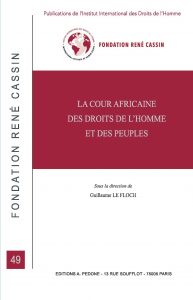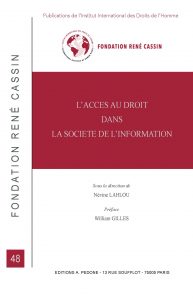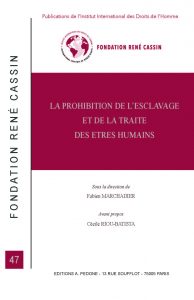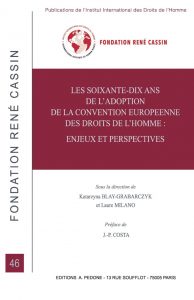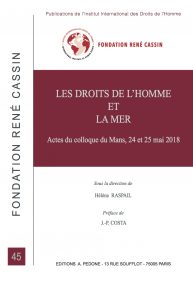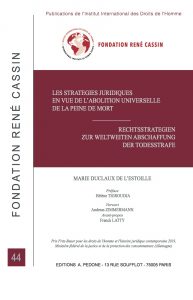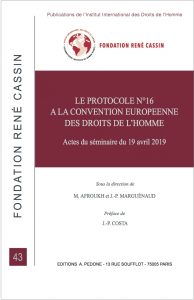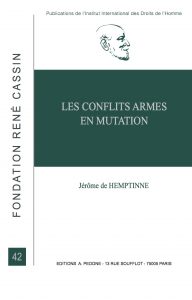When the conflict ends, while uncertainty continues : accounting for missing persons between war and peace in international law
Alessandra La Vaccara
Quatrième de couverture
During an armed conflict and in its aftermath, measures must be undertaken in order to ascertain the fate of the missing and to address the emotional distress of families from the lack of news on their relatives. In the same contextual settings, cases of missing persons may involve criminal accountability, thereby triggering actions directed to answer questions like ‘who is responsible?’ and ‘what are the circumstances of the crime?’. These courses of action respond to two different needs, i.e., the need of families to know the fate and whereabouts of their missing relatives, and the societal and individual need for accountability. The book examines how the international legal framework meets these two distinct, but intertwined, needs. It captures the diversity of international rules concerning the issue of persons reported missing in armed conflict, as well as the complexity of their implementation in the transition from an armed conflict to peace. The book shows that the duty to account for missing persons has a temporal cross-cutting nature, since its implementation requires measures before, during, and after an armed conflict. Dealing with the issue of the missing across phases − i.e., durante bello and post bellum − entails a complex interplay of international norms. Affirming the relevance of the dialectic between International Humanitarian Law (IHL) and International Human Rights Law (IHRL) in the transition from conflict to peace, the book analyzes the simultaneous application of IHL and IHRL rules on missing persons in post-conflict and proposes a set of criteria that should govern their interplay. Measures that respond to the right of families to know the fate of their relatives cannot substitute those that are required to establish responsibility for IHL/IHRL violations and international crimes, and vice-versa. Examining specific examples, the book unveils the role that international law plays in the attempts of the international community to articulate humanitarian and accountability-driven efforts vis-à-vis post-conflict claims for information on the missing. In light of this analysis, the book explores the legal and policy aspects of how to build linkages between such efforts.






